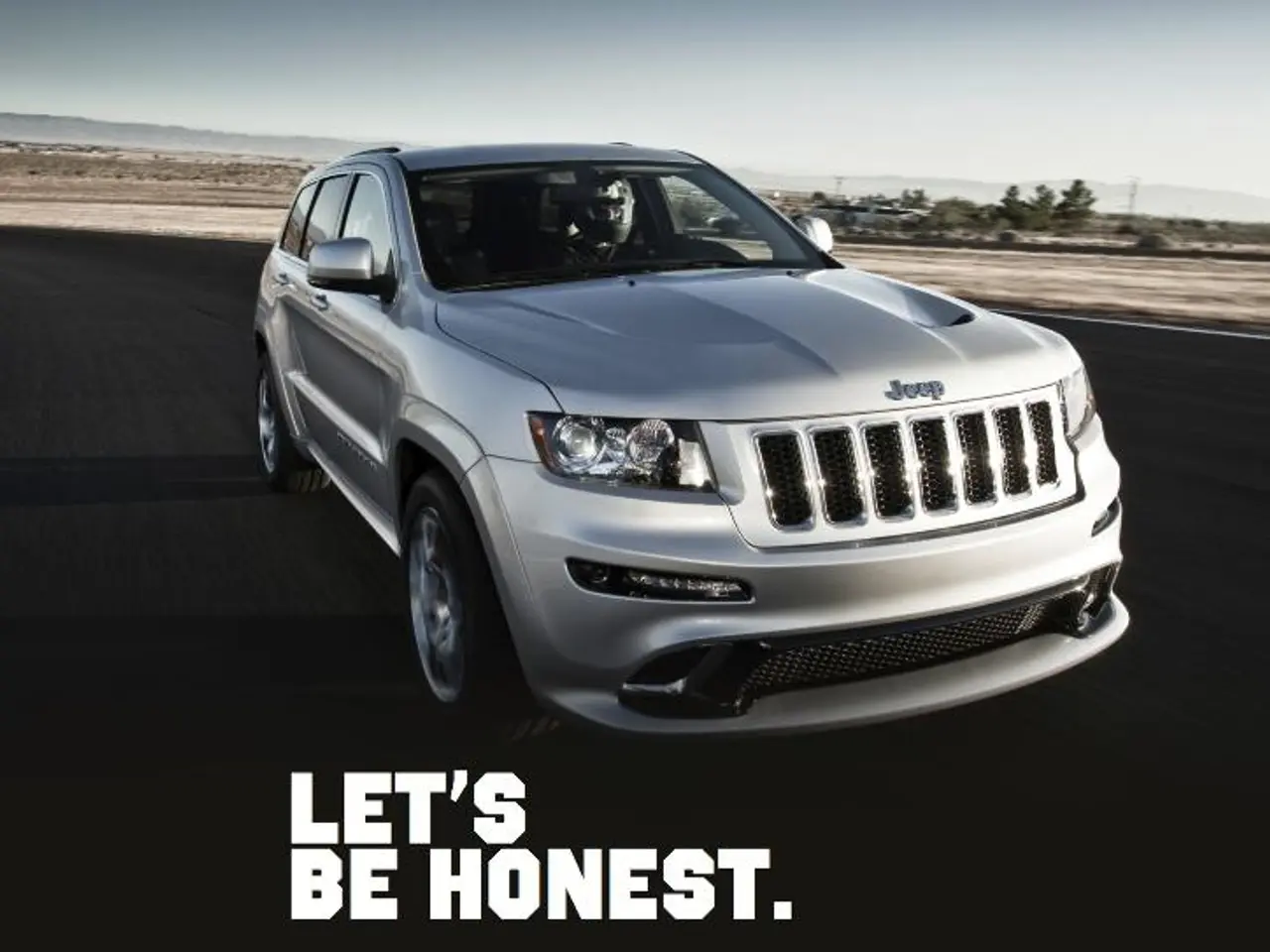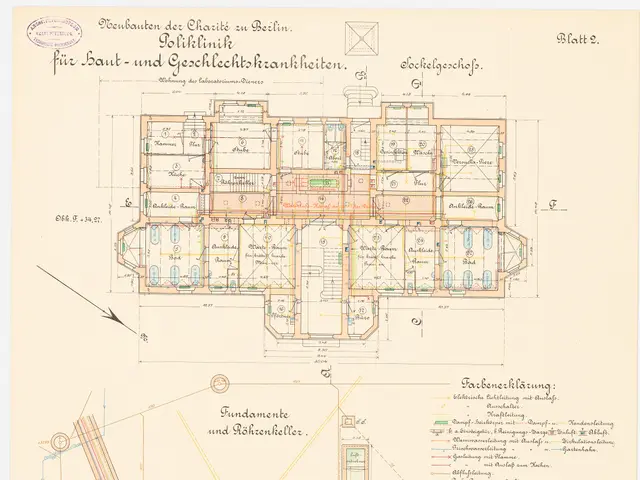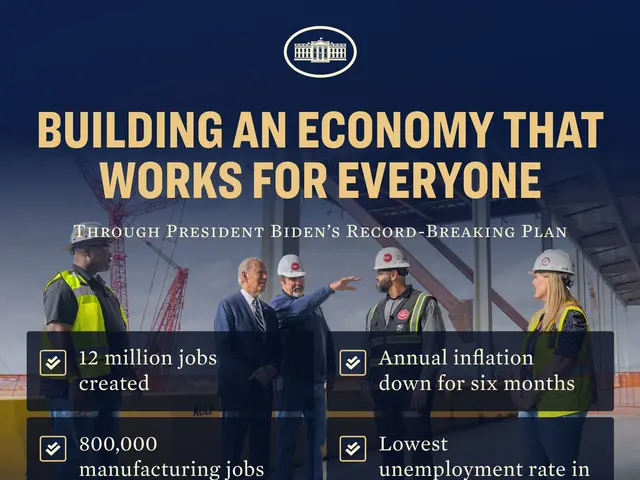Automakers face distress as Tesla triumphs amidst auto tariff disputes: Financial Experts
In a recent development, a 25% tariff has been imposed on foreign-made cars, causing ripples in the automotive industry. This tariff will impact various automakers differently, with Tesla, Ford, GM, and Rivian being affected in unique ways due to their production locations and reliance on imported parts.
Tesla, a company that assembles many of its vehicles in the U.S., will see an increase in vehicle prices due to tariffs on imported components. However, this impact is expected to be less severe compared to brands that import complete vehicles fully assembled abroad.
On the other hand, Ford and General Motors (GM) have a significant portion of their vehicles assembled overseas. The 25% tariff on these imported cars will raise their prices and reduce profits. Both companies are investing billions to increase U.S. production to mitigate future exposure, but new plants won't immediately offset the immediate tariff costs.
Rivian, as a newer U.S. electric vehicle maker, mainly assembles vehicles domestically. This strategic decision should protect it from the tariffs on imports. However, like Tesla, it does rely on imported parts, which face a 25% tariff starting May 3, increasing costs.
Traditional foreign automakers like Toyota, Honda, Volkswagen, and Hyundai, many of which import a majority of their vehicles, are likely to face more severe impacts because a large share of their U.S. sales consist of cars fully built overseas. For instance, Volkswagen has about 80% of its U.S. sales imported, exposing it heavily to the tariff.
The overall effects of this tariff include higher prices for consumers, possibly increasing by up to $6,000 per car priced under $40,000. Used car prices may also rise as consumers delay new car purchases to avoid tariffs, tightening used car availability. U.S. automakers face squeezed profit margins as they will eventually need to pass tariff costs to buyers or reduce production, especially for entry-level models.
Industry uncertainty remains due to pending expansions in domestic production and ongoing global trade conflicts triggered by these tariffs. Despite the broader industry concerns, most analysts still recommend buying Tesla stock, with average forecasts suggesting about 18% upside from current levels.
In summary, Tesla and Rivian are relatively better positioned to cope with the new tariffs than Ford and GM due to higher U.S. production shares, but all will see increased costs due to tariffs on imported parts. Other traditional automakers with predominantly imported vehicles will likely be hit hardest by the 25% tariff on complete foreign-made cars.
- The aerospace and transportation industries, which are heavily dependent on the automotive industry for components, may also experience increased costs due to the 25% tariff on imported parts.
- Finance institutions, in analyzing the market, have forecasted that traditional foreign automakers like Toyota, Honda, Volkswagen, and Hyundai will likely see more severe impacts due to their reliance on imported vehicles, causing tightened profit margins for these companies.
- Conversely, the finance sector is largely interested in investing in companies like Tesla and Rivian that have a larger domestic presence in their manufacturing processes, as they are expected to cope better with the new tariffs compared to foreign competitors relying on imported vehicles.








